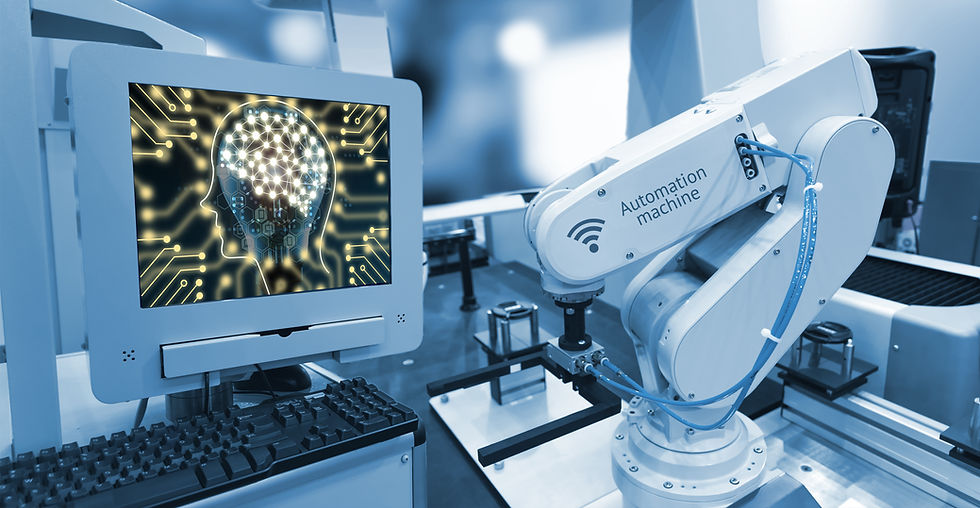RESEARCH PROJECTS
Our research focuses on marine microorganisms as i) producers of bioactive molecules and ii) degraders of anthropogenic pollutants. To find these bioactivities, we are inspired by ecology and evolution as biomolecules are the core of the chemical communication between microorganisms and are required for them to survive and thrive. We characterize a biomolecule - from its genes to its environmental effect - using
-
Physiological and ecological studies on marine bacteria and microalgae
-
High-throughput screening with the help of lab automation
-
Bioactivity-guided microbial isolation procedures
-
Bioactivity assays e.g. for antimicrobial activities and polymer degradation
-
Genome sequencing, analysis, and annotation as well as comparative (phylo)genomics of bacteria and microalgae
-
Genetic phenotyping on RNA and protein level including (meta)transcriptomics and (meta)proteomics
-
Bioinformatics pipelines and tools including QIIME2, antiSMASH, BigScape
-
Mutational analysis and heterologous gene expression in bacteria
-
Protein biochemistry, including purification, activity assays and sequence-based analysis
-
In collaboration with the chemists at Swansea University: small molecule chemistry

THE BIOTECHNOLOGICAL POTENTIAL OF BACTERIA-MICROALGAE INTERACTIONS
Microalgae serve as activity hotspots in the aquatic environment. Bacteria compete for the increased nutrient concentrations surrounding the algal cell and can control algal growth using secondary metabolites. We apply cultivation-dependent (e.g. bioactivity-guided isolation) and sequencing-based techniques (e.g. comparative genomics) on the algal microbiome to screen for bioactive bacteria and their genetic biotechnological potential. For example, we will identify bacteria and their mechanisms that can specifically inhibit toxic microalgae. Blooms of toxic microalgae result in massive killing of fish and contaminate shellfish making it not only harmful to the consumer, but also cause drastic economic loss to the rapidly growing aquaculture industry. Thus, utilizing the ecological basis of bacteria-microalgae interactions, we will produce novel bioactivities for drug discovery and biotech applications.

MICROBIAL DEGRADATION OF PLASTIC
Plastic is omnipresent in our environment, however, its fate and impact remain unclear. Since microorganisms have evolved to degrade many other anthropogenic pollutants and a few plastic-degrading enzymes have recently been identified, we hypothesize that microorganisms adapt to use plastic as nutrient source. We utilize and develop cultivation– and sequence–based techniques to isolate putative plastic- and pollutant-degrading enzymes and trace their environmental occurrence. Thereby, we aim to elucidate microbial adaptation to novel anthropogenic pollutants and provide novel building blocks for future bioremediation and biotech applications.
Within the European project BMRex funded by the EIC and Innovate UK, we search for novel plastic-degrading enzymes.

SEAGRASS MICROBIOMES: FROM ROOTS TO RESILIENCE
Seagrass meadows are vital coastal ecosystems that provide habitat, enhance biodiversity, and contribute to carbon sequestration. However, they are increasingly threatened by environmental change and anthropogenic stressors. Our research on the seagrass microbiome seeks to advance understanding of the microbial processes that underpin seagrass health, productivity, and resilience.
We integrate field studies with controlled laboratory experimentation to examine microbial diversity and community dynamics across environmental gradients such as salinity, temperature, and nutrient availability. In parallel, we reconstruct microbial interaction networks and develop synthetic microbial communities to investigate functional relationships under changing environmental conditions. A key objective of this work is to identify and develop beneficial microbial partners that can promote seagrass establishment and growth from germination through to maturity.
This work is in collaboration with Dr Claudio Greco's and Dr Richard Unsworth's groups and the charity Project Seagrass.

HIGH THROUGHPUT APPROACHES TO BIOLOGICAL INTERACTIONS
Interactions between different kingdoms of life play a vital role in maintaining the balance of ecosystems and shaping the diversity and complexity of life on Earth. Inter-kingdom interactions, such as those between a plant host and its microbiome, greatly affect processes like host health and development. However, understanding all the interactions driving this effect is deemed an unachievable task given the great number of microbes within a microbiome. Developing co-encapsulation using microfluidics and fine scale co-cultivation using laboratory automation, we aim for a thorough and accurate interpretation of inter-kingdom interactions by confining microbes and host cells in a controlled manner and in a uniform homogenous environment.
Within the HTPinteract project funded by BBSRC, we work with Dr Francesco del Guidice, Dr Claire Barnes and Prof. Paul Rees on a microfluidics- and machine learning-based approach.
Funded by EPSRC and the Faculty of Science and Engineering, Swansea University, we work with Prof. Xianghua Xie on a lab automation- and big data-based approach.
